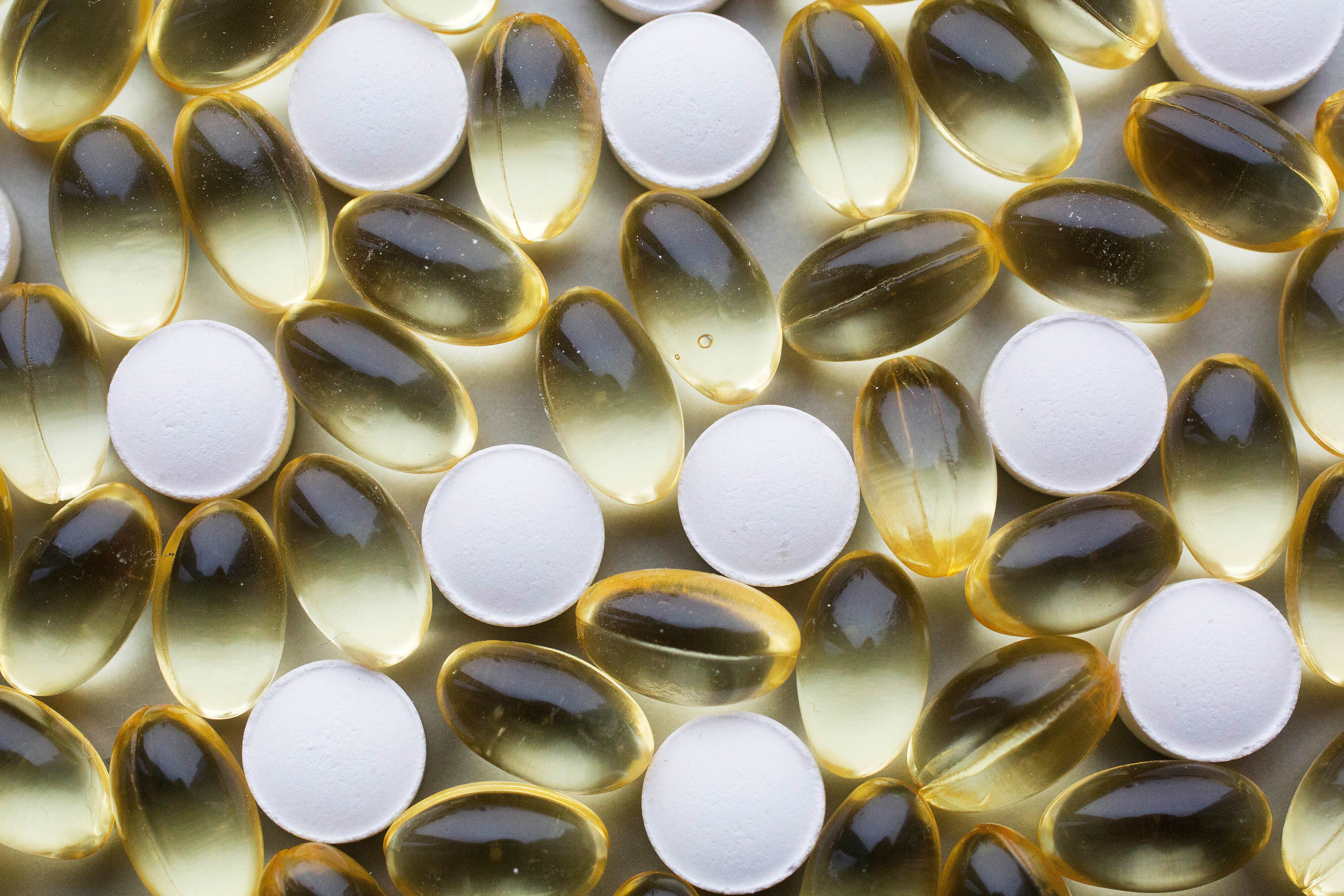Study casts more doubt on use of high-dose vitamin D pills
More research suggests it's time to abandon the craze over vitamin D

Your support helps us to tell the story
From reproductive rights to climate change to Big Tech, The Independent is on the ground when the story is developing. Whether it's investigating the financials of Elon Musk's pro-Trump PAC or producing our latest documentary, 'The A Word', which shines a light on the American women fighting for reproductive rights, we know how important it is to parse out the facts from the messaging.
At such a critical moment in US history, we need reporters on the ground. Your donation allows us to keep sending journalists to speak to both sides of the story.
The Independent is trusted by Americans across the entire political spectrum. And unlike many other quality news outlets, we choose not to lock Americans out of our reporting and analysis with paywalls. We believe quality journalism should be available to everyone, paid for by those who can afford it.
Your support makes all the difference.More research suggests it’s time to abandon the craze over vitamin D.
Taking high doses of “the sunshine vitamin” doesn't reduce the risk of broken bones in generally healthy older Americans, researchers reported Wednesday.
It’s the latest in a string of disappointments about a nutrient once hoped to have wide-ranging protective effects. That same study of nearly 26,000 people already had found that popping lots of vitamin D pills didn’t prevent heart disease, cancer or memory loss either.
And while getting enough vitamin D is important for strong bones, “more is not better,” said Dr. Meryl LeBoff of Boston's Brigham and Women’s Hospital, the study's lead author.
An estimated third of Americans 60 and older take the supplements and more than 10 million blood tests for vitamin D levels are performed annually -- despite years of controversy over whether the average older adult needs either.
The newest findings -- added to other trials with similar results -- should end that debate, wrote Drs. Steven Cummings of California Pacific Medical Center and Clifford Rosen of Maine Medical Center Research Institute in a commentary in the medical journal.
“People should stop taking vitamin D supplements to prevent major diseases” -- and doctors should stop the routine screenings that fuel concern, the pair concluded. They weren’t involved in the latest study.
Just how much vitamin D should people get? The U.S. recommends 600 to 800 international units a day to ensure that everyone, young and old, gets enough. While our skin makes vitamin D from sun exposure, that can be tougher in winter. Milk and certain other foods are fortified with the nutrient to help.
The bigger question was whether more than that recommended amount might be better, to prevent fractures or maybe other disorders, too. To address conflicting scientific reports, Brigham and Woman’s preventive medicine chief Dr. JoAnn Manson started the largest study of its type to track a variety of health outcomes in nearly 26,000 generally healthy Americans in their 50s or older. The latest results compare bone fractures in those who took either a high dose -- 2,000 international units of the most active form of vitamin D, called D-3 -- or dummy pills every day for five years.
The supplements didn’t reduce the risk of broken hips or other bones, LeBoff reported in the New England Journal of Medicine. While vitamin D and calcium work best together, she said even the 20% of study participants who also took a calcium supplement didn’t benefit. Nor did the small number of study participants who had low blood levels of vitamin D.
Still, LeBoff cautioned that the study didn’t include people who may require supplements because of bone-thinning osteoporosis or other disorders, or those with severe vitamin D deficiencies. And Manson said more research is needed to tell if there are additional high-risk groups who might benefit.
Overall, “these findings overturn dogma and cast doubt on the value of routine screening for vitamin D blood levels and blanket recommendations for supplementation,” Manson said. “Spending time outdoors, being physically active and having a heart-healthy diet will lead to greater gains in health” for most people.
___
The Associated Press Health and Science Department receives support from the Howard Hughes Medical Institute’s Department of Science Education. The AP is solely responsible for all content.